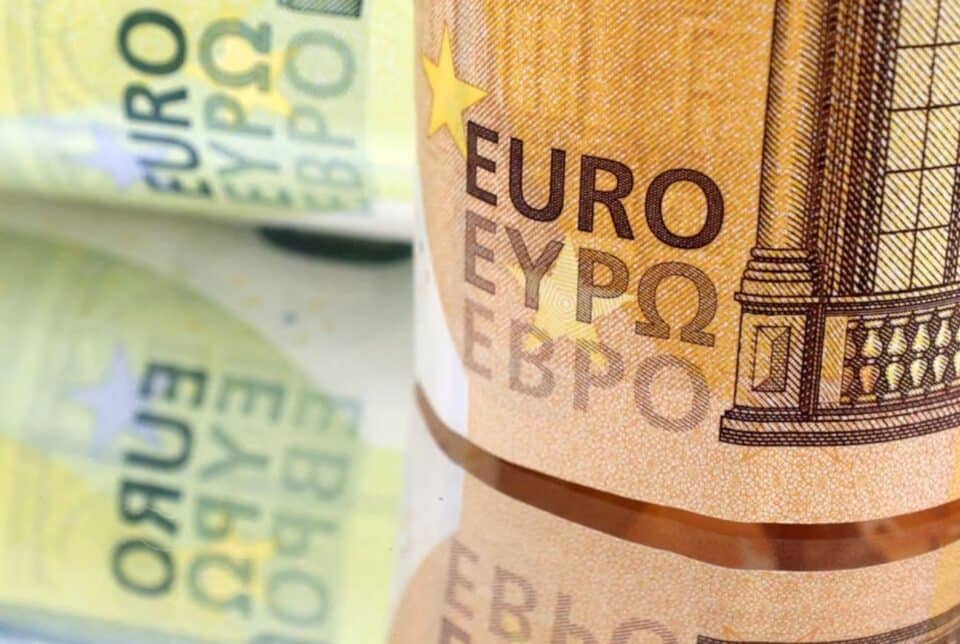The Republic of Cyprus is expected to secure a new loan in 2025 to repay the first instalment of a €6.3 billion loan received from the European Stability Mechanism (ESM).
This projection was shared by the Director of the Public Debt Management Office, Phaedon Kalozois, during a house finance committee meeting discussing the 2025 state budget.
Kalozois was asked by MP Elias Myrianthous whether the €1.3 billion due in 2025, the first instalment of the troika loan, would be covered through reserves or new borrowing.
In response, Kalozois pointed out that a new loan would likely be necessary.
The ESM had provided €6.3 billion out of a €10 billion financial package for Cyprus, as part of its economic bailout programme.
The Republic of Cyprus chose not to draw on the remaining €2.7 billion as it deemed that this would not be needed.
The loan, disbursed in nine instalments between May 2013 and October 2015, will be repaid from 2025 to 2031, with an average repayment period of 15 years.
Kalozois also noted that the repayment of the first ESM instalment coincides with the maturity of a 2015 European bond with an interest rate of 4.25 per cent.
He highlighted that this could benefit Cyprus, as current borrowing rates are lower, and estimated that a new loan would be needed to cover the €1 billion bond.
What is more, he explained that no new loan would be required for the €350 million maturing under the ESM loan. The total debt to the ESM is €6.3 billion, to be fully repaid by 2031.
Meanwhile, Finance Minister Makis Keravnos informed the House of a significant reduction in public debt as a percentage of GDP, down by 8.5 percentage points in 2024.
The government, he said, aims to reduce the public debt to 60 per cent of GDP, compared to 68.9 per cent in 2024.
According to the 2025 budget, public debt servicing costs, including interest and loan repayments, are projected to decrease by 18.6 per cent, amounting to €2.751 billion in 2025, compared to €3.379 billion in 2024.
Elsewhere during the house finance committee meeting, Keravnos said that Cyprus is facing economic pressure from internal and external risks.
He mentioned that while positive GDP growth and inflation reductions are expected, challenges include non-performing loans, pension fund deficits, potential EU fines for environmental non-compliance, and financial risks tied to the Vasiliko gas terminal.
Finally, he noted that migration costs and wage burdens in the health sector further complicate the outlook.







Click here to change your cookie preferences